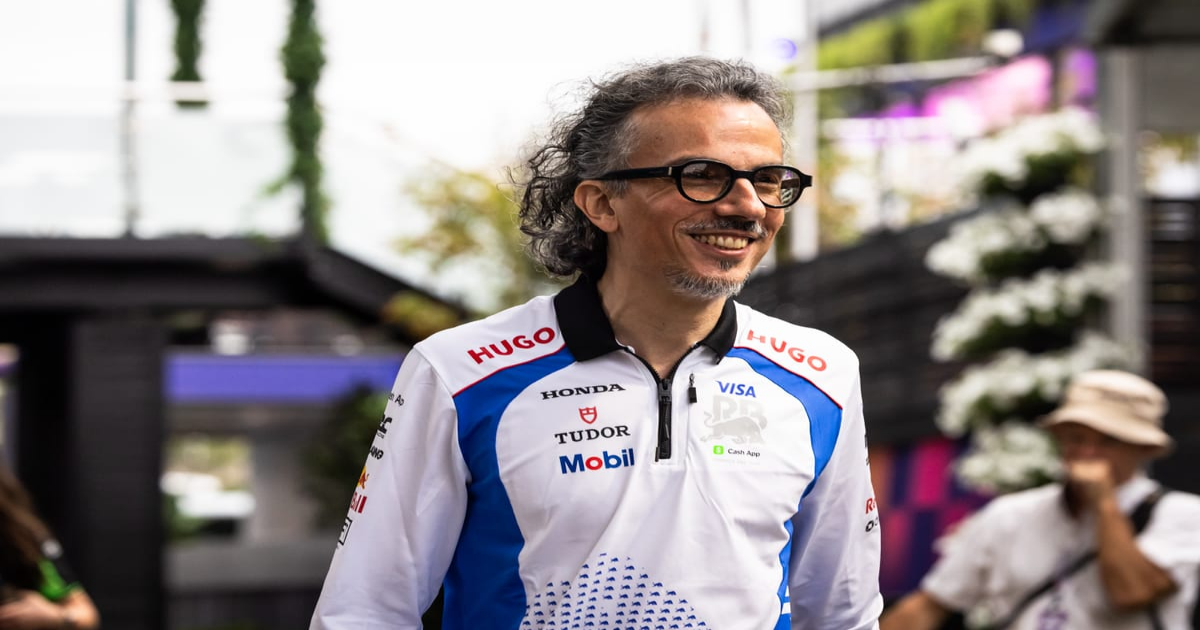Stepping into Christian Horner’s shoes as Red Bull’s Formula 1 team boss is no easy task for anybody. But in Laurent Mekies, the team has chosen someone who is perhaps as well-prepared as you can be.
Mekies is not only well-versed in the challenges of leading an F1 team, but he also at least grasps the brutality of paddock politics and, perhaps most critically, understands the inner workings of the wider Red Bull organisation.
He showed his clear management strengths in bringing a squad together during his most recent tenure as team boss at Racing Bulls, as he has helped reshape the operation into one that is edging forwards in the F1 pecking order.
Mekies has done it in a way that has been quite under the radar to the outside. His approach is one of getting on with the job in hand and letting the results do the talking, rather than seeing any need to shout from the rooftops about what he has done.
In his own quiet way, he has managed to get the best out of the young drivers, and has happily brought on board able lieutenants to help support him – including the likes of experienced heads like Alan Permane (who now succeeds him) and technical chief Tim Goss.
In ramping up what Racing Bulls needs, he has also worked closely with the Red Bull organisation, especially with it setting up a new facility on its Milton Keynes campus. That has given him some insider knowledge of the inner workings there.
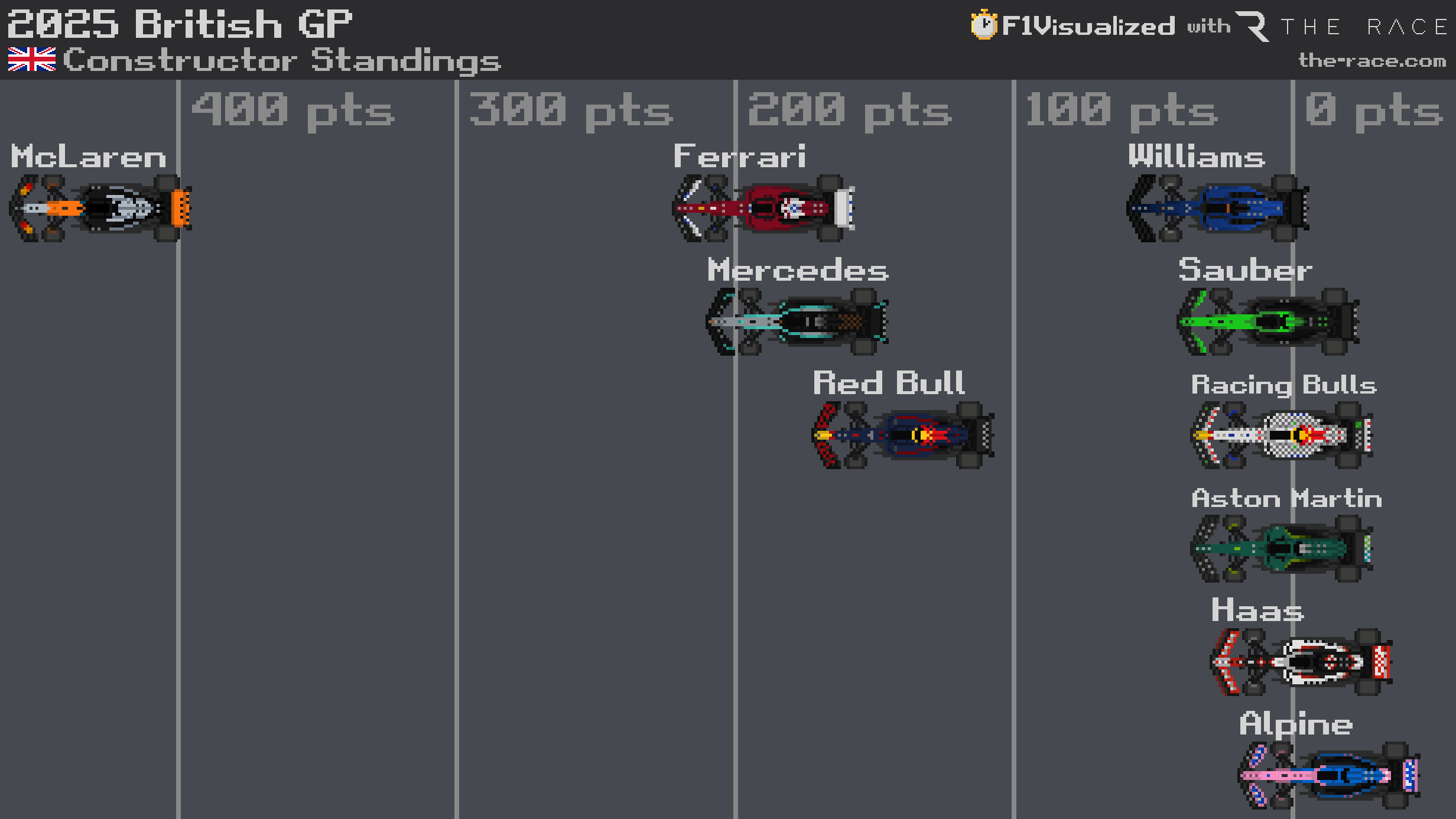
Breaking Racing Bulls through to the upper echelons was never a realistic target in the short term, but the direction of travel appears to be quite clear; it currently stands seventh in the constructors’ championship, a position it has not managed to hold on to since 2021.
Vastly experienced
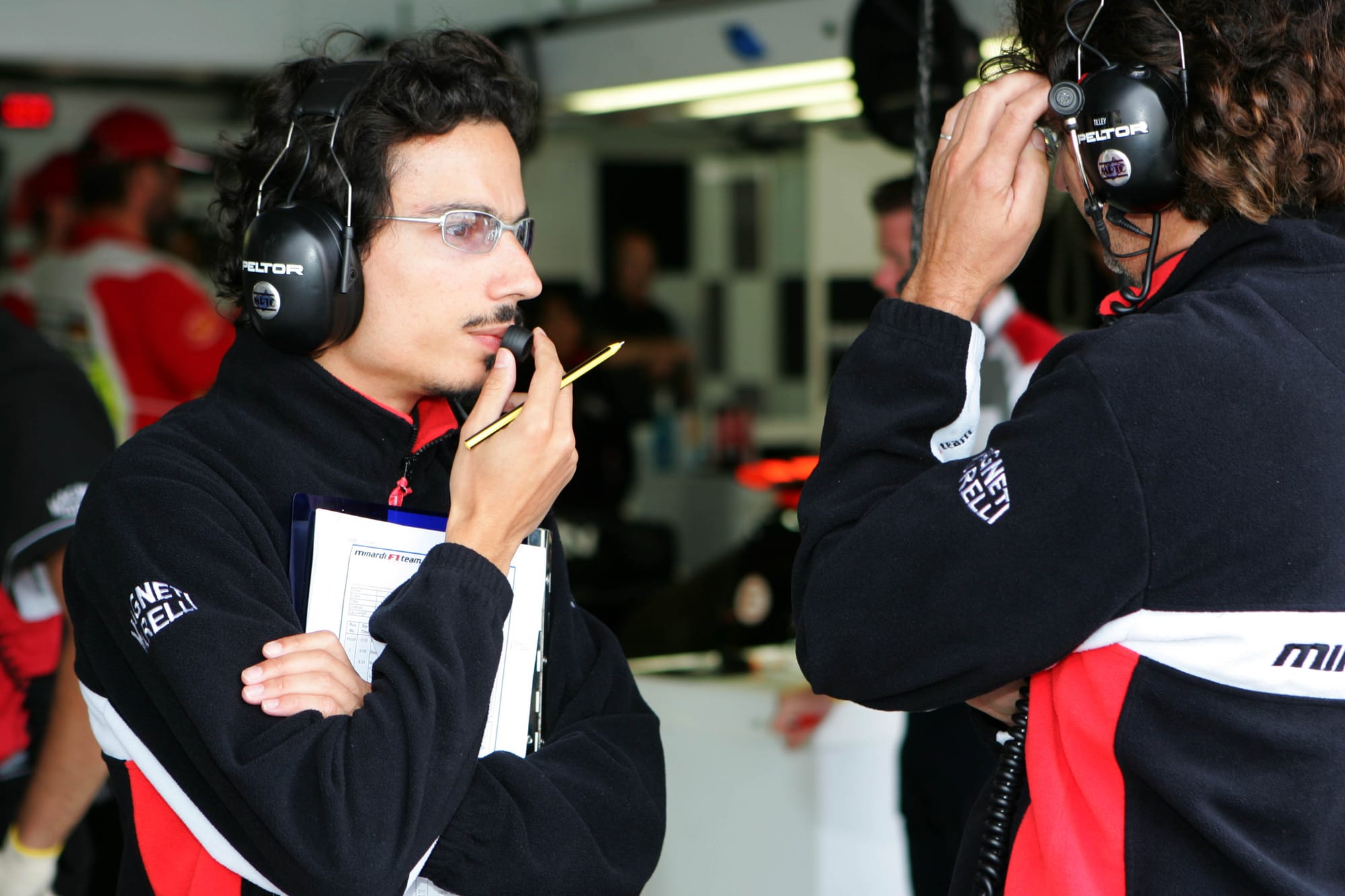
Mekies has a deep breadth of experience in F1, having originally started his career at Arrows in 2001.
At the end of 2002 he moved to the Minardi team as race engineer – where he worked with Mark Webber, Justin Wilson, Zsolt Baumgartner and Christijan Albers – before being promoted into the chief engineer role for the team’s transition into Red Bull’s second entity, Toro Rosso – the squad now know as Racing Bulls.
In 2014 he stepped away from a team role as he joined the FIA as a safety director, before joining Ferrari as its sporting director in 2018.
He swiftly moved up the ranks at Maranello, eventually becoming its racing director and deputy team principal under Mattia Binotto.
However, he left in the middle of 2023 before reappearing at the start of 2024 and returned to Red Bull’s second team – then renamed RB – as team principal.
Since then he has worked alongside CEO Peter Bayer to put the squad back on the right path, prior to the shock news that Red Bull was snatching him away to Milton Keynes.
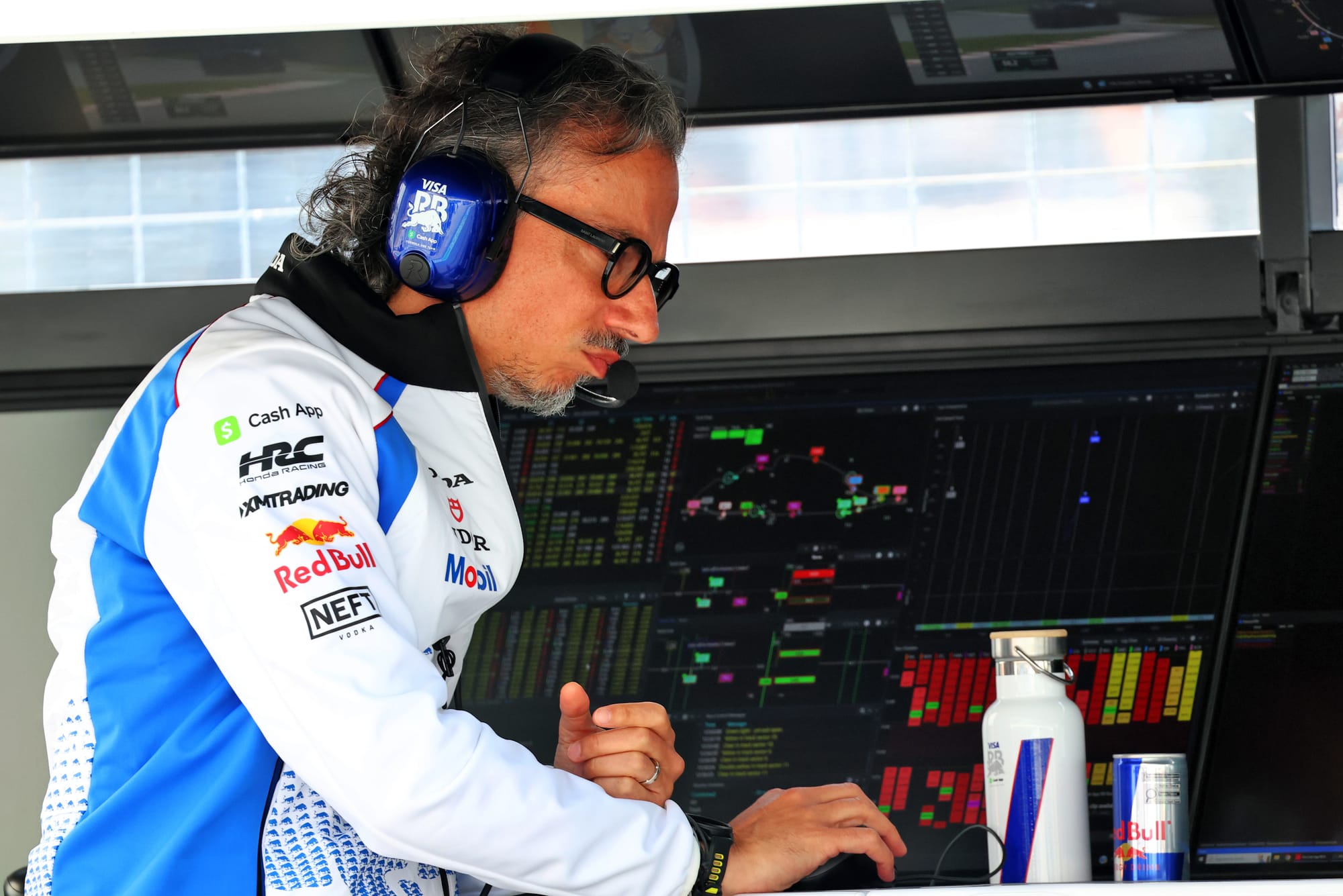
That Mekies has the management qualities needed to lead a successful F1 team is in no doubt.
He is personable, he listens, and he knows how to get the best out of individuals – achieving that in a calm and collected way. Best of all, he understands racing.
However, the challenge of turning things around at Red Bull is going to be immense, as the step up to the coalface with a squad that is expected to fight for wins and championships is immense.
In the first instance, he will need to steady the ship. Red Bull has been through a fair bit of turmoil over the past 18 months and the loss of a stalwart like Horner will be unsettling.
Mekies will also need to assure the Verstappen camp that he has a plan in place to sort things out and help deliver the race-winning car that the four-time champion wants.
But what he will be able to offer them is assurances that he is listening to what they want, amid a sense of frustration in the past that perhaps their demands were being ignored by the previous regime.
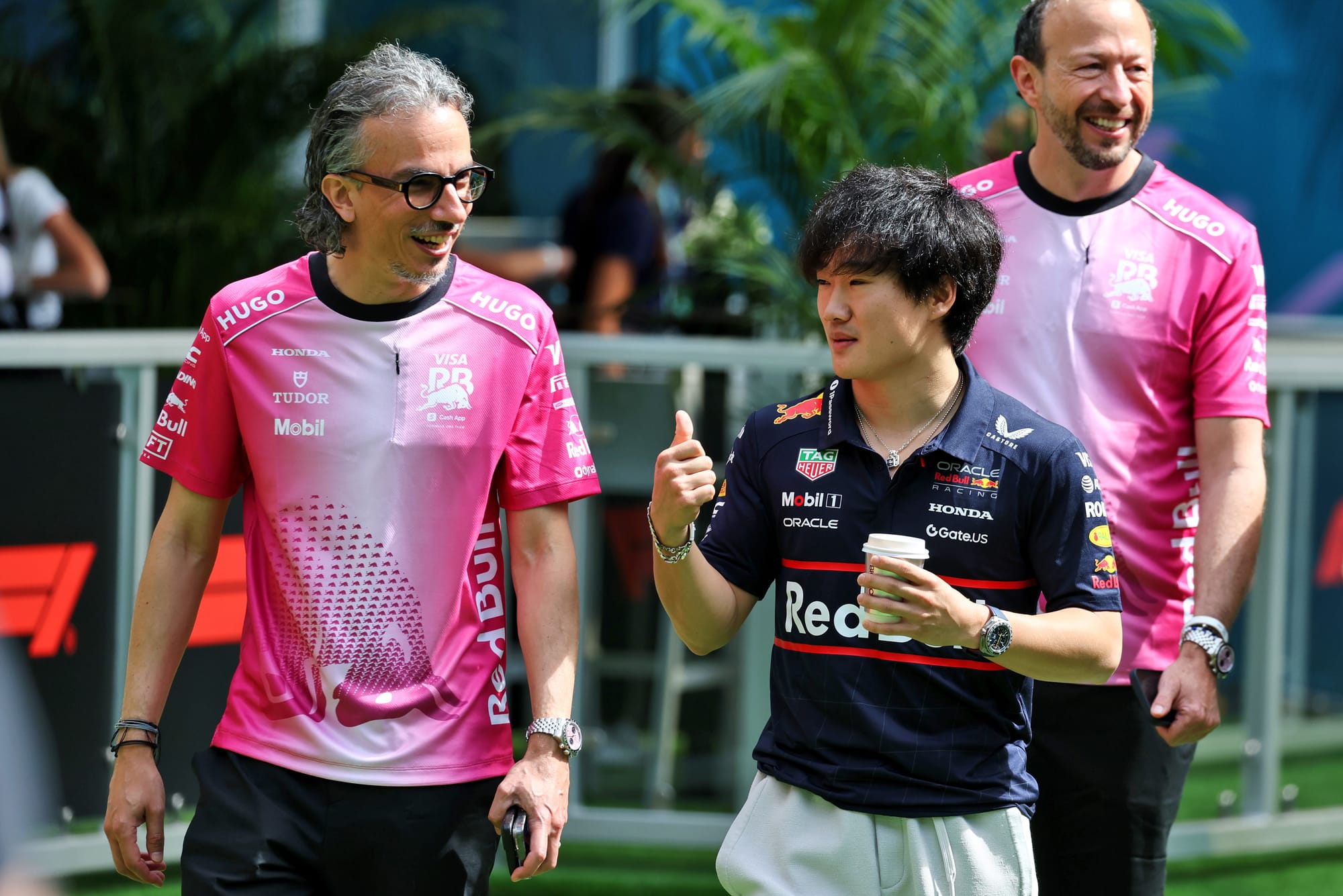
His arrival will also be good for Yuki Tsunoda, too, who thrived under Mekies at Racing Bulls but seems to have lost his way at Red Bull.
To help drive the squad forward, Mekies is going to need to get a quick grasp of why things are not working as well as they should be at the moment – and why things have not clicked as expected with its current car.
Are there personnel weaknesses? Does the team need different talent on board? Or is this a case of what Andrea Stella found at McLaren, where the quality is all in place already, it just needs refining and for the team to work together in a better way?
In terms of Red Bull’s infrastructure problems, there is little Mekies can do to fast-track the new windtunnel that is being built at Milton Keynes. So, for now, he is going to have to put up with the issues that have hampered progress back at the factory.
What will be new territory for Mekies – and something that he is probably not going to be able to change direction on dramatically – is the progress with its all-new power unit for 2026.
The project was green lit by Horner and it remains the biggest uncertainty regarding Red Bull’s future hopes; if it gets things completely wrong against manufacturer rivals including Mercedes and Honda, then there is no quick fix.
Mekies is going to have an awful lot to absorb, all of this against the backdrop of being in a pitlane where rivals will like nothing more than to pull the rug from out underneath his feet.
However, he is someone who has proved to be unflustered by challenges in the past.
And yet this is now uncharted territory for him. In his favour, though, is that he knows how the Red Bull machine works; and he will almost certainly have made sure in accepting the role that Red Bull CEO of corporate projects and investments Oliver Mintzlaff is realistic in terms of the expectations of making a change.
There is going to be no magic bullet that will to help Mekies instantly turn the RB21 into a regular winner and that gets Verstappen back into the championship hunt suddenly.
But the route back to the top can now start to be mapped out.
